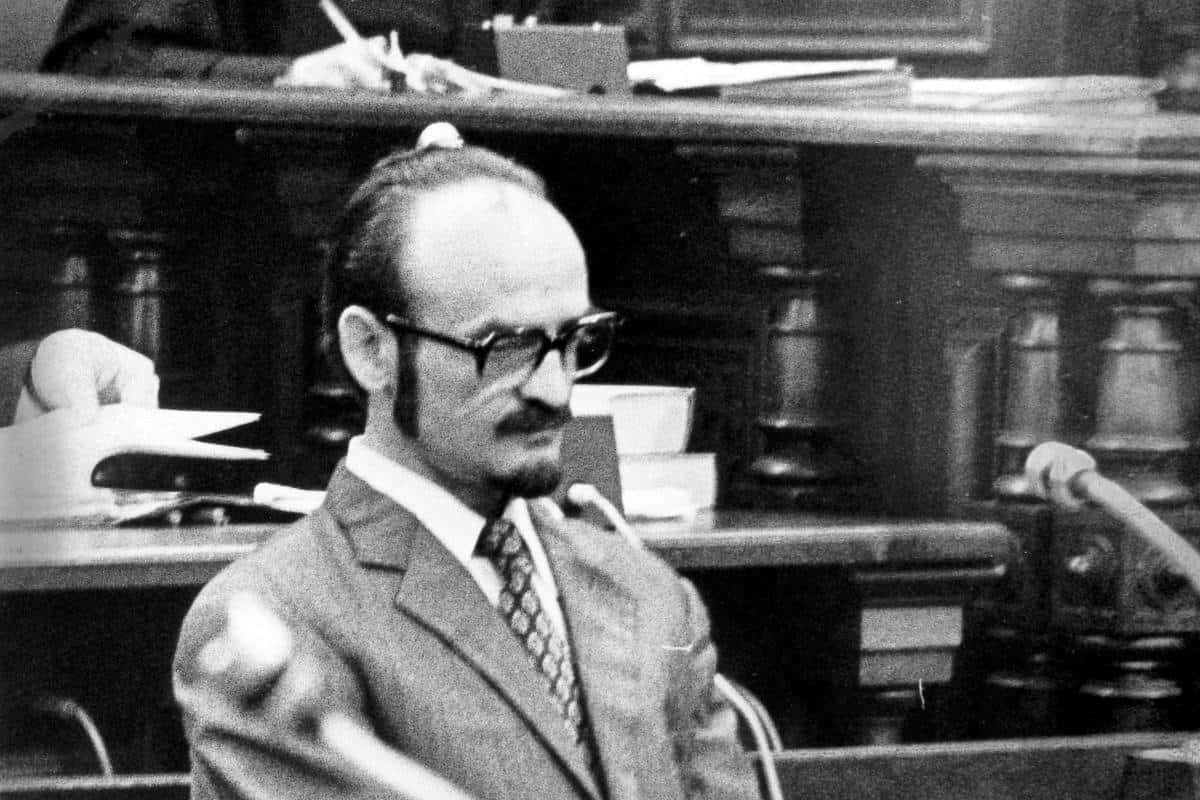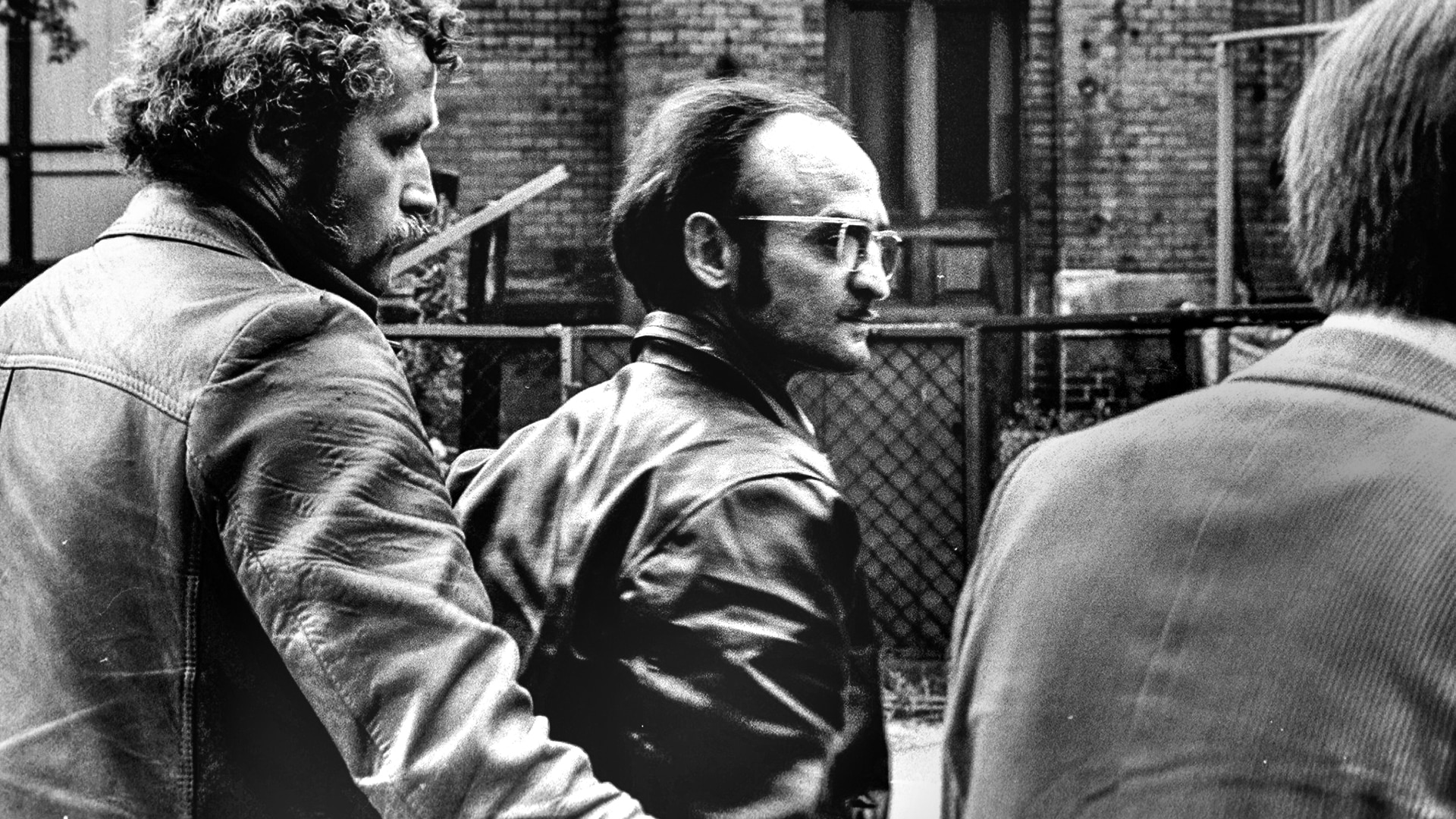Unraveling Fritz Honka: The Hamburg Monster's Dark Secrets
Could the darkest corners of post-war Hamburg truly hide a predator so monstrous, a man capable of unspeakable acts? Fritz Honka's name, whispered in hushed tones for decades, stands as a chilling testament to the depths of human depravity.
The Reeperbahn, Hamburg's notorious entertainment district, once pulsed with the frenetic energy of a city rebuilding itself after the ravages of World War II. Amidst the neon lights, the smoky bars, and the constant hum of activity, a man known as Fritz Honka, a seemingly unremarkable figure, was quietly weaving a web of terror. He became synonymous with a series of gruesome murders that shocked the city, forcing the community to confront the hidden horrors lurking beneath the veneer of normalcy. His story is a descent into the abyss, a grim illustration of how a seemingly ordinary individual can become a monster. His crimes, meticulously concealed for years, ultimately shattered the illusion of safety and exposed the vulnerability of the women who frequented the bars and brothels of the St. Pauli district.
| Attribute | Details |
|---|---|
| Full Name | Friedrich "Fritz" Honka |
| Born | July 3, 1935, Leipzig, Germany |
| Died | October 19, 1998, Hamburg, Germany (Cause of Death: Cancer) |
| Nationality | German |
| Known For | Being a serial killer; the murders of four women. |
| Victims | Gertrud Bruer, Anna Beuschel, Frieda "Frieda" Roblick, Ruth Dufner |
| Marital Status | Married, divorced twice |
| Occupation | Construction worker, dockworker, and later worked in a bar. |
| Criminal Status | Convicted and served time in prison |
| Imprisonment | Lbeck prison |
| Years Active | 1970-1975 (approximate) |
| Motives | Sexual frustration, alcohol abuse, and a desire to control and ultimately eliminate the women he frequented. |
| Method of Killing | Strangulation, blunt force trauma |
| Sentence | 15 years in prison for manslaughter. |
| Notable Publications | Der Goldene Handschuh (The Golden Glove) - A novel based on Honka's life and crimes by Heinz Strunk. |
Fritz Honka's life began in Leipzig, a city steeped in history, but one that would later be overshadowed by the horrors he inflicted in a different city. Born in 1935, he experienced a childhood marked by the upheaval of war and the economic hardships that followed. These early experiences, combined with a personality that seemed to crave isolation, likely contributed to the psychological makeup that would later drive him to commit such heinous acts. The war's impact, the loss of innocence, and the instability that characterized his youth undoubtedly shaped his perspective, contributing to the isolation and emotional detachment that would later define him.
Honka's move to Hamburg brought him into the heart of a bustling port city. The contrast between the physical devastation of the war and the burgeoning nightlife created a unique social landscape. The Reeperbahn, a district known for its bars, brothels, and the promise of fleeting pleasures, became his hunting ground. The post-war era in Germany was a time of immense social change. The traditional societal norms had been shattered by the war, the economic situation was dire for many, and a sense of moral ambiguity had taken hold. The influx of Allied troops and the emergence of a more permissive culture created an environment where Honka, a man with deeply troubled psychological issues, could thrive, unnoticed and unchecked.
He wasn't an intimidating figure; indeed, his small stature and unassuming appearance, coupled with his heavy drinking, made him seem harmless. He worked as a construction worker and later found employment in the harbor, occupations that provided him with a degree of anonymity within the working-class environment of St. Pauli. He drifted through life, struggling with alcohol and experiencing the emotional distance that would shape his actions. The Reeperbahn offered him a haven a place where he could attempt to establish relationships, however fleeting and troubled. These interactions would become the prelude to the ultimate, terrifying acts.
Honka's chosen victims were invariably women, often those living on the fringes of society prostitutes, barmaids, and other vulnerable individuals who frequented the same establishments as he did. His initial interactions with them were often marked by a semblance of normality. Hed offer them drinks, and try to establish a connection, often feigning affection and offering companionship. But underneath the surface of this carefully constructed facade lay a dark, twisted reality.
The Golden Glove, a bar in the St. Pauli district, became his central location. It was a place where loneliness, poverty, and alcohol converged. This seemingly ordinary bar became a stage for Honkas horrifying acts. It provided him with the isolation he craved, offering him a space to meet his victims and lure them into his grasp. The bar itself became a symbol of his crimes, a place that reflected the squalor and moral decay of his life and those of the women he targeted. The owner and the other regulars of the bar were aware of Honka's behavior, but they did not intervene, unaware of the true extent of his evil.
The murders themselves were brutal and violent. Honka would lure the women back to his cramped apartment, which reeked of alcohol and decay. There, consumed by his own demons, fueled by alcohol and an insatiable desire to dominate, he would brutally assault and kill his victims. The details of his crimes, pieced together during the investigation, were appalling, showcasing a level of depravity difficult to comprehend. He then attempted to conceal his heinous crimes, dismembering the bodies and hiding the remains within the walls of his apartment or elsewhere, attempting to erase the evidence of his actions.
The discovery of Honka's crimes was a result of an accidental fire in his apartment building in 1975. The blaze, unrelated to his actions, brought the authorities into his squalid dwelling. The stench of decay and the gruesome discoveries within the apartment, including the remains of several women, led to his arrest. The subsequent investigation unearthed a series of carefully concealed murders, shaking Hamburg to its core. The details of the victims, the manner of their deaths, and the attempts to hide the evidence left a lasting scar on the city's psyche.
The trial was a media sensation, captivating the public's attention. Honka, despite his initial attempts at denial, was eventually convicted of manslaughter. The verdict was a mixture of relief and outrage. While the truth about his crimes was exposed, the sentence of 15 years, though deemed severe at the time, was viewed by many as inadequate given the brutality of the murders. The trial exposed the fragility of human life and the capacity for evil that exists within some individuals.
Honka served his sentence, and was later released. He died in 1998, a forgotten figure, his crimes largely relegated to the annals of criminal history. His story, however, lives on. It serves as a grim reminder of the darkness that can exist within society, the vulnerability of those on the margins, and the lasting impact of unresolved trauma and psychological disturbance. His story has been retold in books, plays, and films, ensuring that the chilling reality of Fritz Honka and his crimes is not lost to history.
Heinz Strunk's novel, "Der Goldene Handschuh" ("The Golden Glove"), published in 2016, offered a fictionalized account of Honka's life and crimes. The book was a massive success in Germany. The novel, later adapted into a film, provides a raw and unflinching exploration of Honka's character and the environment that fostered his brutality. The graphic depiction of the crimes and the bleak portrayal of the social milieu made the book both controversial and critically acclaimed. The enduring popularity of the story shows an ongoing fascination with the case.
The Honka case also highlights broader societal issues. It brings into question the responsibility of the community, the police, and the legal system in protecting vulnerable individuals. The slow police work, the lack of awareness amongst those who frequented the bar and the general indifference towards the women he targeted, are all elements that contributed to Honka's ability to operate for so long. The case offers a harsh critique of the social conditions of the era, where the lives of marginalized individuals were often disregarded.
The story of Fritz Honka continues to resonate, reminding us of the importance of empathy, the need to address the root causes of violence, and the enduring power of human resilience. It stands as a cautionary tale about the dangers of unchecked evil and the devastating consequences of looking away from the suffering of others. Honka's crimes serve as a dark mirror, reflecting the darker aspects of human nature and the complex interplay of social, psychological, and environmental factors that can contribute to extreme acts of violence.


